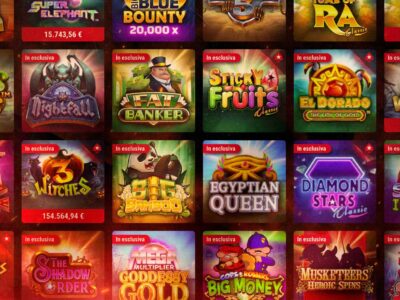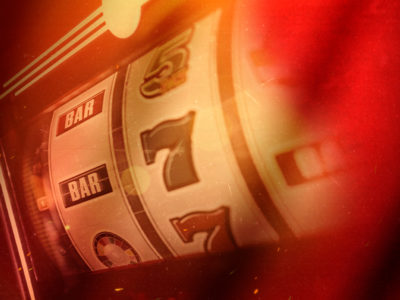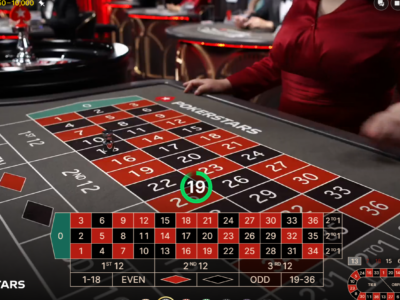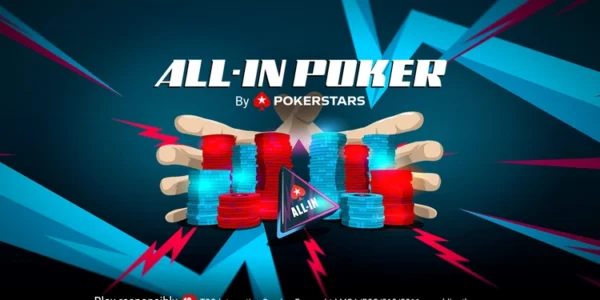Which Game Format Is Best For Me?
So you’re just getting into poker and whilst that likely means NLHE is your game of choice, you might not have considered which format is best for you, or even know what formats exist.
Whilst you don’t have to exclusively stick to one format, each format does require different skills and what life is like off the tables may end up dictating which format is best for you. So, let’s take a look at the pros and cons of each format.
Multi-table Tournaments
Multi-table tournaments are truly for poker’s optimists and romantics. There’s nothing quite like the rush of going deep in a tournament and playing pots with huge money on the line. No one dreams of winning five buy-ins during a cash game session, but everyone dreams of hitting that big score and taking down a tournament like the Sunday Million. The highest highs are higher than any other format, but equally, the lows can be lower.
And, not to be a pessimist, but it’s the lows you need to consider if you want to focus on tournaments. You’ll need to practice conservative bankroll management (100-200 buy-ins a general rule) as tournaments can be feast or famine. You can go weeks or months without a big score. Can you handle playing for six hours only to bust 26th of 1,250 runners at 2am having won six times your buy-in, go to work and then do it over again the next day?
On the upside, you can play a lot of poker for a relatively small investment. Large field tournaments last for hours and all you need is the entry fee. For the same price as a movie ticket you can play a handful of poker tournaments.
Pros:
- Can play for a long time for little investment
- Limited to what you can lose
- Possible to turn a small investment into a big win
Cons:
- Large field tournaments last for a long time, need to fit life around them
- Variance is high, only 10-15% of the field make the money
- Need to be able to handle downswings and long losing periods
- Slave to the tournament schedule

Cash Games
The purest form of poker. The original format, the one you’ll have seen portrayed (badly) on the big and small screen. The biggest pro of cash games is that they work around you. You can sit down and play online for five minutes or five hours. It’s up to you. Don’t like your table? You can change to a different one. Gone on tilt? You can stand up and stop playing. If you’ve got a hectic lifestyle or off table commitments that are squeezing the amount of time you can spend playing poker, then cash games will fit your life far better than tournaments.
Likewise, whilst you can’t 200x your buy-in over a few days, that’s not necessarily a bad thing. Cash games profit and losses over the course of a session or 10 are likely to be lower than tournaments. That not to say up and down swings don’t occur, but just that they are far more gradual than tournaments.
Pros:
- Can start/stop playing whenever you want
- Variance is lower than in tournaments
- Playing 100 big blinds deep means you learn pre and post flop skills
- Cash game skills are more transferrable to tournaments than the other way around
Cons:
- Games can be very tough, even at low stakes
- Harder to learn/get good than tournaments
- Can burn through multiple buy-ins very quickly
- General consensus is that cash games require more skill than tournaments
Sit and Go / Spin & Go’s
This is often the place where we suggest newcomers to poker start. You can learn how to play for as little as $0.25 in a format where somewhere around 30-35% of the field will get a return on their investment. What’s more if you stick to one format e.g. 6-Max Sit and Go’s, the same conditions are in place every time, so you can learn a format where the strategy rarely changes, so it’s possible to pick up the skills needed to be successful at the format in a shorter amount of time than cash or tournaments, where the strategy is far more fluid and dynamic.
You will need to learn basic shove/fold strategy and be comfortable making mathematical calls under pressure as the end game in most Sit and Go’s and Spin & Go’s occur with stacks that are 15 big blinds or lower, meaning most decisions are mathematical, with there being a ‘correct’ and ‘incorrect’ play based on the maths alone.
Pros:
- Can play for a short amount of time
- Easiest format to learn/pick up to a reasonable level
- Low Variance
Cons:
- Can be robotic/monotonous
- Often very little post-flop play
- Low profit ceiling
View Other Blogs


























